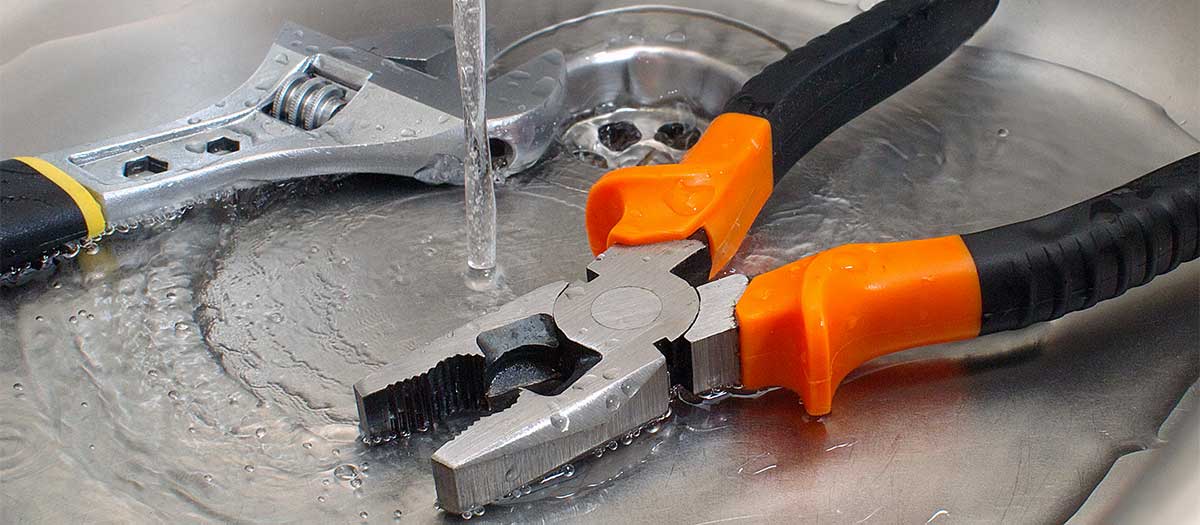Identify Invisible Water Line Leaks: 6 Smart Tricks
Identify Invisible Water Line Leaks: 6 Smart Tricks
Blog Article
How do you really feel when it comes to Finding hidden leaks?

Early discovery of leaking water lines can minimize a potential disaster. Besides saving you money, it will certainly lessen the irritation and also frustration. The minute you locate a leak, calling your plumber for repair services is the most effective option. Nonetheless, some small water leaks may not be visible. Right here are some hacks that assist if you can not identify it with your nude eyes.
1. Examine the Water Meter
Checking it is a proven means that assists you find leakages. If it moves, that shows a fast-moving leakage. This means you may have a slow-moving leakage that can also be below ground.
2. Inspect Water Consumption
If you detect abrupt modifications, despite your intake being the exact same, it implies that you have leaks in your plumbing system. An unexpected spike in your bill shows a fast-moving leak.
Meanwhile, a steady rise monthly, despite having the same behaviors, shows you have a slow-moving leak that's likewise gradually escalating. Call a plumber to completely check your property, particularly if you really feel a cozy area on your floor with piping underneath.
3. Do a Food Coloring Examination
When it comes to water usage, 30% comes from toilets. If the shade somehow infiltrates your dish during that time without flushing, there's a leak in between the storage tank and bowl.
4. Asses Outside Lines
Don't neglect to inspect your outdoor water lines as well. Test faucets by connecting a yard pipe. Must water seep out of the connection, you have a loose rubber gasket. Change this and guarantee all links are limited. It will certainly help get it properly analyzed and also maintained yearly if you've got a sprinkler system. One tiny leak can lose lots of water and also increase your water costs.
5. Analyze the scenario and also examine
Property owners should make it a practice to check under the sink counters as well as even inside closets for any bad odor or mold and mildew growth. These 2 red flags show a leakage so punctual focus is needed. Doing routine evaluations, also bi-annually, can conserve you from a major trouble.
A lot more significantly, if you recognize your residence is already old, maintain a watchful eye on your heating units, hoses, pipes and so on. Look for stainings and also deteriorating as most home appliances and also pipelines have a life span. They will likewise normally deteriorate because of tear and wear. If you suspect leaking water lines in your plumbing system, do not await it to rise. Call an expert plumber today so you do not end up with a dreadful mess in your house.
Early detection of leaking water lines can alleviate a possible calamity. Some little water leakages might not be noticeable. Examining it is a surefire way that aids you find leakages. One small leak can squander tons of water as well as increase your water expense.
If you think dripping water lines in your plumbing system, don't wait for it to rise.
WARNING SIGNS OF WATER LEAKAGE BEHIND THE WALL
PERSISTENT MUSTY ODORS
As water slowly drips from a leaky pipe inside the wall, flooring and sheetrock stay damp and develop an odor similar to wet cardboard. It generates a musty smell that can help you find hidden leaks.
MOLD IN UNUSUAL AREAS
Mold usually grows in wet areas like kitchens, baths and laundry rooms. If you spot the stuff on walls or baseboards in other rooms of the house, it’s a good indicator of undetected water leaks.
STAINS THAT GROW
When mold thrives around a leaky pipe, it sometimes takes hold on the inside surface of the affected wall. A growing stain on otherwise clean sheetrock is often your sign of a hidden plumbing problem.
PEELING OR BUBBLING WALLPAPER / PAINT
This clue is easy to miss in rooms that don’t get much use. When you see wallpaper separating along seams or paint bubbling or flaking off the wall, blame sheetrock that stays wet because of an undetected leak.
BUCKLED CEILINGS AND STAINED FLOORS
If ceilings or floors in bathrooms, kitchens or laundry areas develop structural problems, don’t rule out constant damp inside the walls. Wet sheetrock can affect adjacent framing, flooring and ceilings.
https://www.servicemasterbyzaba.com/blog/how-to-detect-water-leakage-in-walls/

We had been made aware of that report about Locating water leaks through an associate on another website. Those who liked our blog entry kindly don't forget to share it. We cherish reading our article about Leaking water lines.
Diverse plumbing issues? We resolve. Report this page